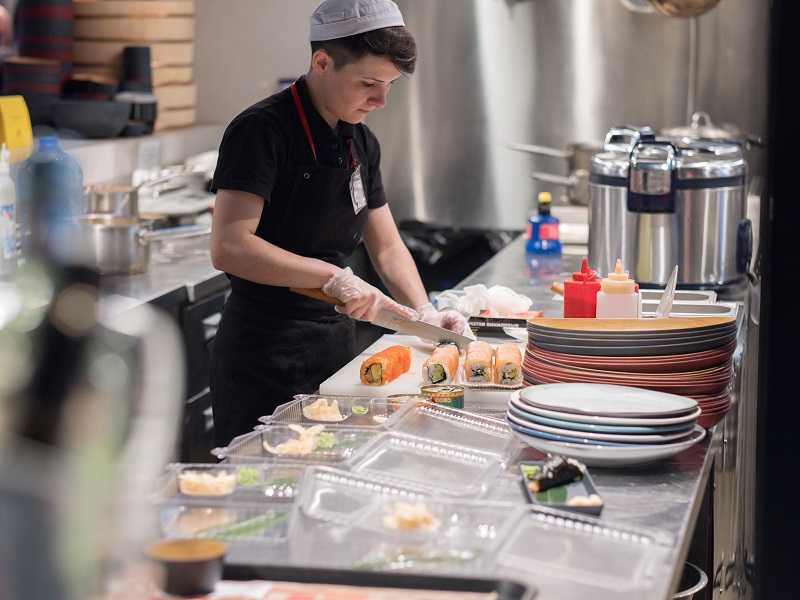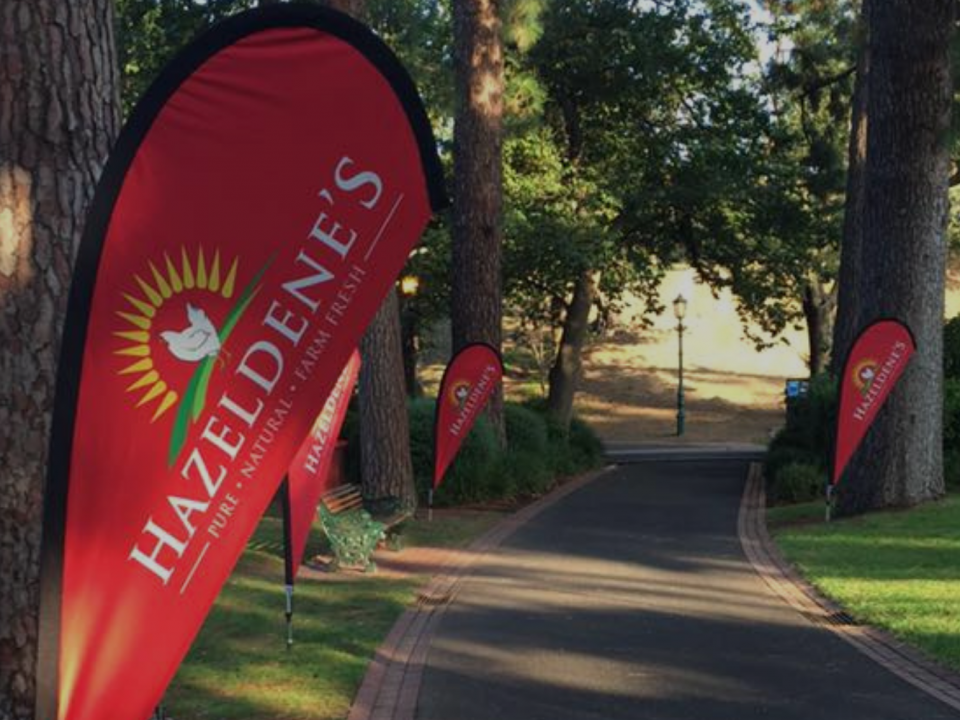
The FBT Grinch that stole Christmas
With Christmas carols and decorations up in every shopping centre, you know the festive season is here. That means it’s time to celebrate another year of hard work with your colleagues by taking time out to have a little fun.
For most organisations, however, the lavish parties and restaurant meals of holiday seasons past are now but a fond memory due to the modern day Grinch of Christmas – Fringe Benefits Tax (FBT).
FBT applies wherever an employer provides a benefit to an employee other than their regular salary or wage, with employers required to pay FBT at a rate of 47% on the grossed up taxable value of these benefits. Unfortunately, the Australian Taxation Office (ATO) deems Christmas parties to be an ‘entertainment benefit’ because food and drink are provided in a social situation and the aim is for employees to enjoy themselves.
When does FBT apply?
Although it’s hardly something that brings on a bout of seasonal good cheer, it’s important to understand the tax rules if you intend to hold a work Christmas party.
The key points to consider are who is attending, where the party is going to be held and how much it will cost on a per head basis (including GST). The ATO uses these factors to determine whether there will be FBT implications for the business hosting the function.
To show the ATO doesn’t want to spoil Christmas completely, it does allow some tax exemptions when an employer hosts a Christmas party. The first is the FBT exemption for ‘minor’ and ‘infrequent’ benefits valued at less than $300 (including GST) per head. This is a catch all exemption covering low value benefits provided to current employees and their family on an infrequent or irregular basis.
The other key exemption is the exempt property benefit. This covers food and drink consumed by employees at a Christmas party provided it is held at the employer’s premises on a business day. Additionally, there is an exempt transport benefit if the employer decides to pay for an employee’s taxi ride home after a Christmas party held on the business premises.
Parties on your premises

If the Christmas party is held on a working day on your business premises and the food and drink is consumed by current employees, it is exempt from FBT as it is assumed to be a minor and infrequent benefit to your employees. To qualify for this exemption, the cost of the food and drink must be less than $300 per head. The minor benefits exemption also applies to the partner of an employee or any of their family attending the function, provided the cost per head for them is also less than $300.
If the cost per person exceeds $300 per head, there are still no FBT implications for employees or clients attending, but a taxable fringe benefit arises for any partners or family members who join the party.
Going off site
If you decide to hold your Christmas function off site there’s no FBT payable for employees and their family if the cost per head is under $300.
If, however, the cost per head goes over $300, then a taxable fringe benefit arises for employees and any family members attending the function. For clients invited to attend, there’s no FBT payable.
Watch for other taxes
It’s also important to note that the cost of work Christmas parties is not tax deductible for the business unless the expenditure is subject to FBT.
To further dampen the fun, most of the entertainment cost of a work Christmas party does not qualify for GST input credits. Employers can only claim input tax credits for the GST paid on the component of the entertainment that is subject to FBT. This situation only occurs when the cost is more than $300 per person and the party is held off site from the business premises.


